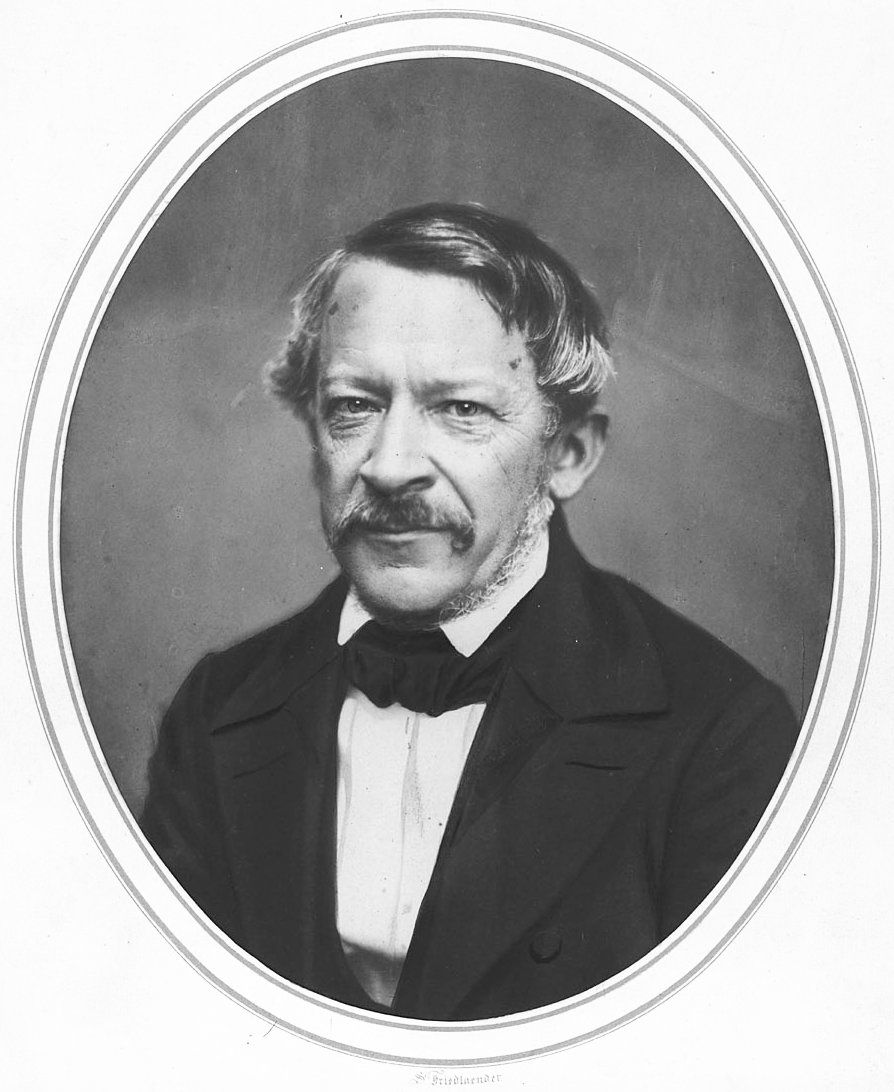The History of Binaural Beats
- Apr 4, 2025
- 2 min read
Updated: Apr 14, 2025
Binaural beats, a fascinating auditory phenomenon, have garnered attention for their potential effects on relaxation, meditation, and cognitive enhancement. The concept dates back to the 19th century, with its roots in the study of sound perception.

Early Discoveries
The term "binaural beats" was first coined in 1839 by the German physicist Heinrich Wilhelm Dove. He discovered that when two slightly different frequencies are played in each ear, the brain perceives a third tone, which is the mathematical difference between the two frequencies. For example, if a 300 Hz tone is played in one ear and a 310 Hz tone in the other, the listener perceives a binaural beat of 10 Hz.
Scientific Exploration
Despite Dove's early discovery, it wasn't until the 20th century that binaural beats began to attract scientific interest. In the 1970s, researchers like Gerald Oster conducted studies that explored the effects of binaural beats on brainwave activity [1]. Oster's work demonstrated that these beats could influence brainwave patterns.
Popularization in the 21st Century
The rise of the internet in the late 1990s and early 2000s played a crucial role in popularizing binaural beats. As more people sought alternative methods for stress relief and mental enhancement, binaural beats became widely available through various online platforms. Numerous audio tracks and apps emerged, claiming to help users achieve specific mental states, such as deep relaxation, focus, or improved sleep.
Modern Applications
Today, binaural beats are often used in meditation practices, therapeutic settings, and even in educational contexts to enhance concentration and learning. While scientific research continues to explore their efficacy [2], many users report positive experiences, citing improved mood, reduced anxiety, and enhanced creativity.
References
Oster, G. (1973). Auditory beats in the brain. Scientific American, 229(4), 94–102. https://doi.org/10.1038/scientificamerican1073-94
Garcia-Argibay M., Santed M.A., Reales J.M. Efficacy of binaural auditory beats in cognition, anxiety, and pain perception: A meta-analysis. Psychol. Res. 2019;83:357–372. doi: 10.1007/s00426-018-1066-8. - DOI - PubMed
